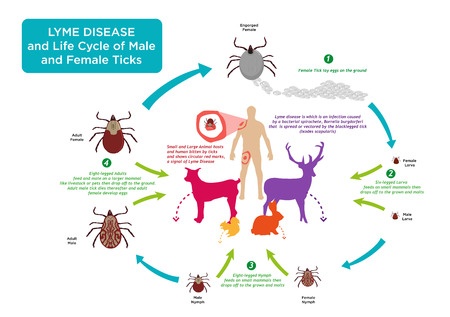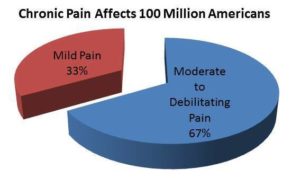Alternative Therapies
Alternative Therapies

Our highly respected team provides a wide range of alternative therapies
People around the world have relied on alternative therapies to help treat and heal their medical problems, utilizing some practices for centuries. Today, conventional medicine has begun to embrace these alternative therapies as a complement to their traditional treatments. At our Milwaukee area alternative medicine center, we embrace these treatments as part of our integrative health approach, and we specialize in them.
Our talented team can provide you with professional alternative therapies that incorporate mind, body, touch, energy, nutrition and electromagnetics technology. Many patients will take advantage of more than one service as they seek to bring their body to wellness or maintain their best health.
Anti-aging therapies
Our alternative therapies team will design an individualized program to help prevent and fight the effects of aging as well as prevent and minimize age-related diseases. Your plan may include many alternative therapies, including targeted nutrition supplements, natural hormone replacement and other modalities.
ONDAMED®
Many people are not familiar with one of our unique alternative therapies—ONDAMED. This combines biofeedback technology and energy therapy to help target and treat specific problem areas of the body. We use biofeedback to determine which magnetic pulse frequency is best suited for you, and apply those individualized frequencies to activate healing and regeneration.
Shamanic healing
Contrary to popular belief, shamanism is not a religious-based practice. One of the most misunderstood alternative therapies, shamanic healing has been practiced by many cultures for thousands of years. Shamans use various healing methods—crystals, energy healing and more—to address illnesses at the spiritual level.
Our Milwaukee area alternative medicine center treats the whole person, and we are proud to offer a variety of alternative therapies for our patients. Contact us to learn more.

 While each fad diet varies, typical characteristics are fasting followed by a strict diet of raw vegetables, fruits and water. Some detox diets also include colon cleansing and supplements. We’re constantly bombarded with novel detox diets and products in the media.
While each fad diet varies, typical characteristics are fasting followed by a strict diet of raw vegetables, fruits and water. Some detox diets also include colon cleansing and supplements. We’re constantly bombarded with novel detox diets and products in the media.

